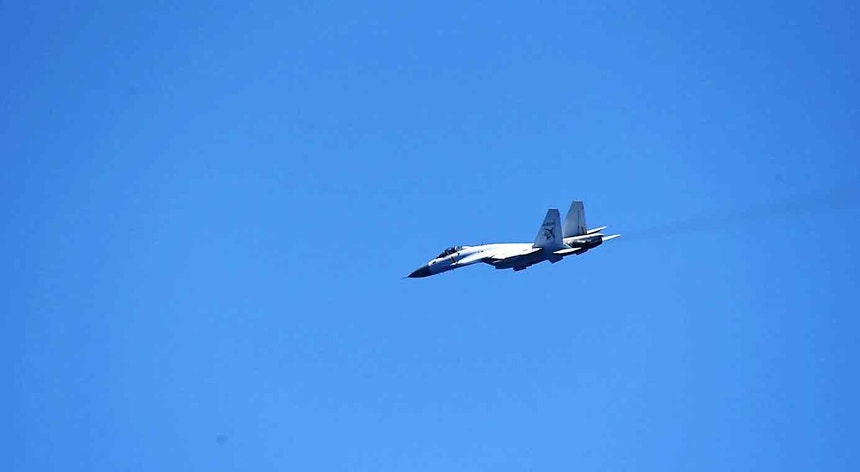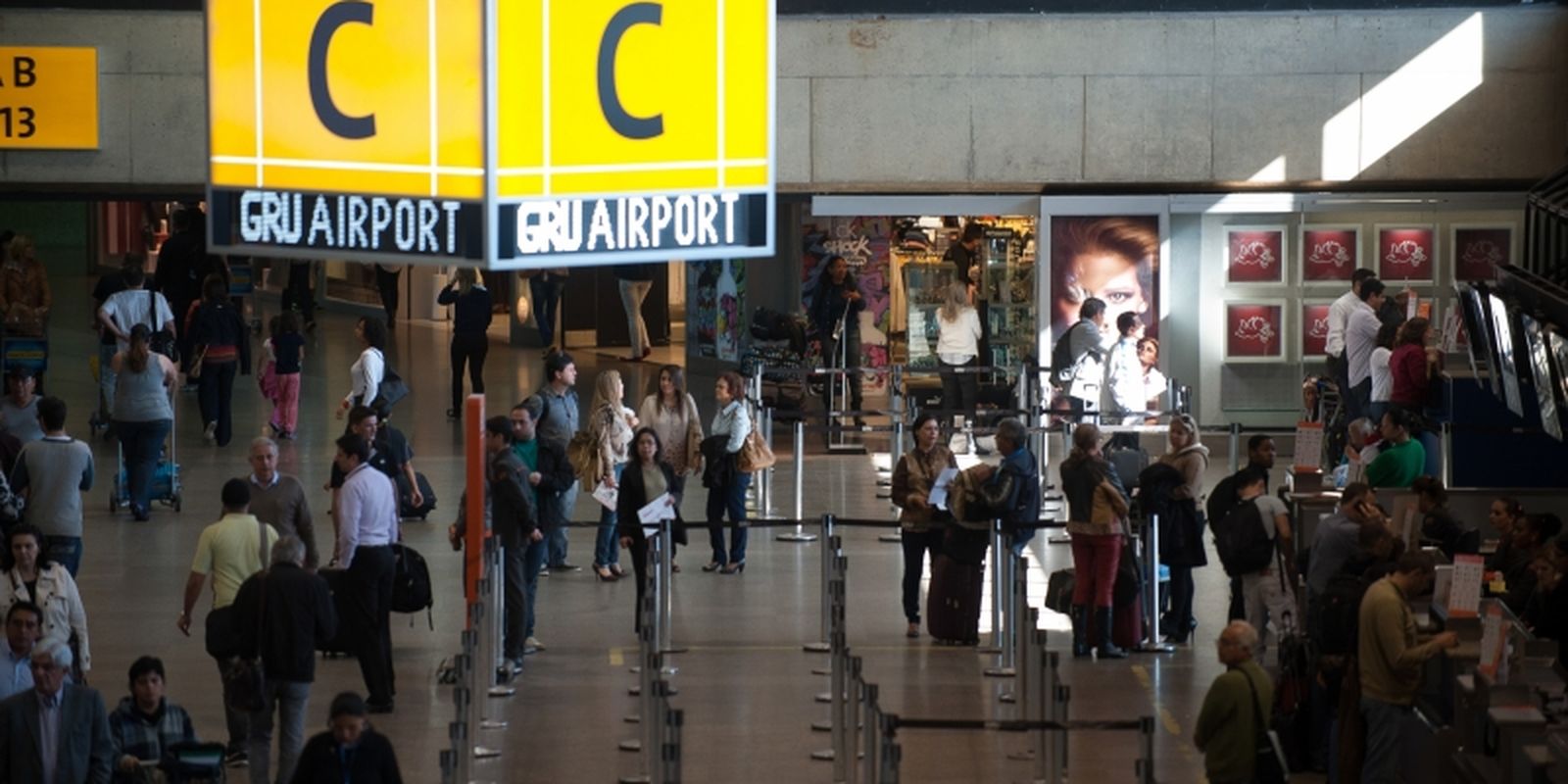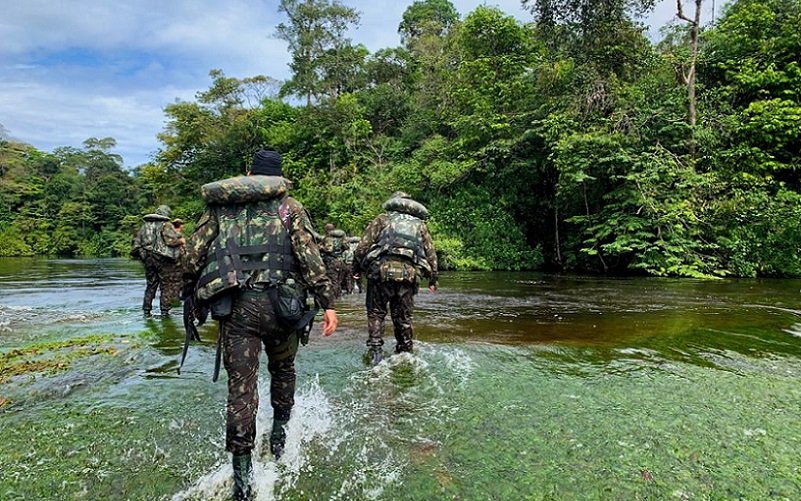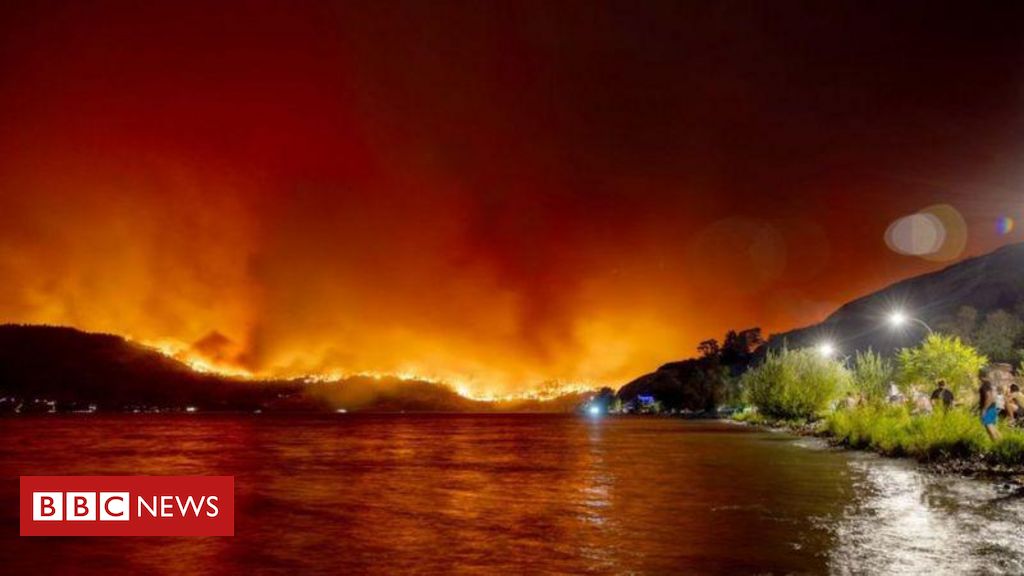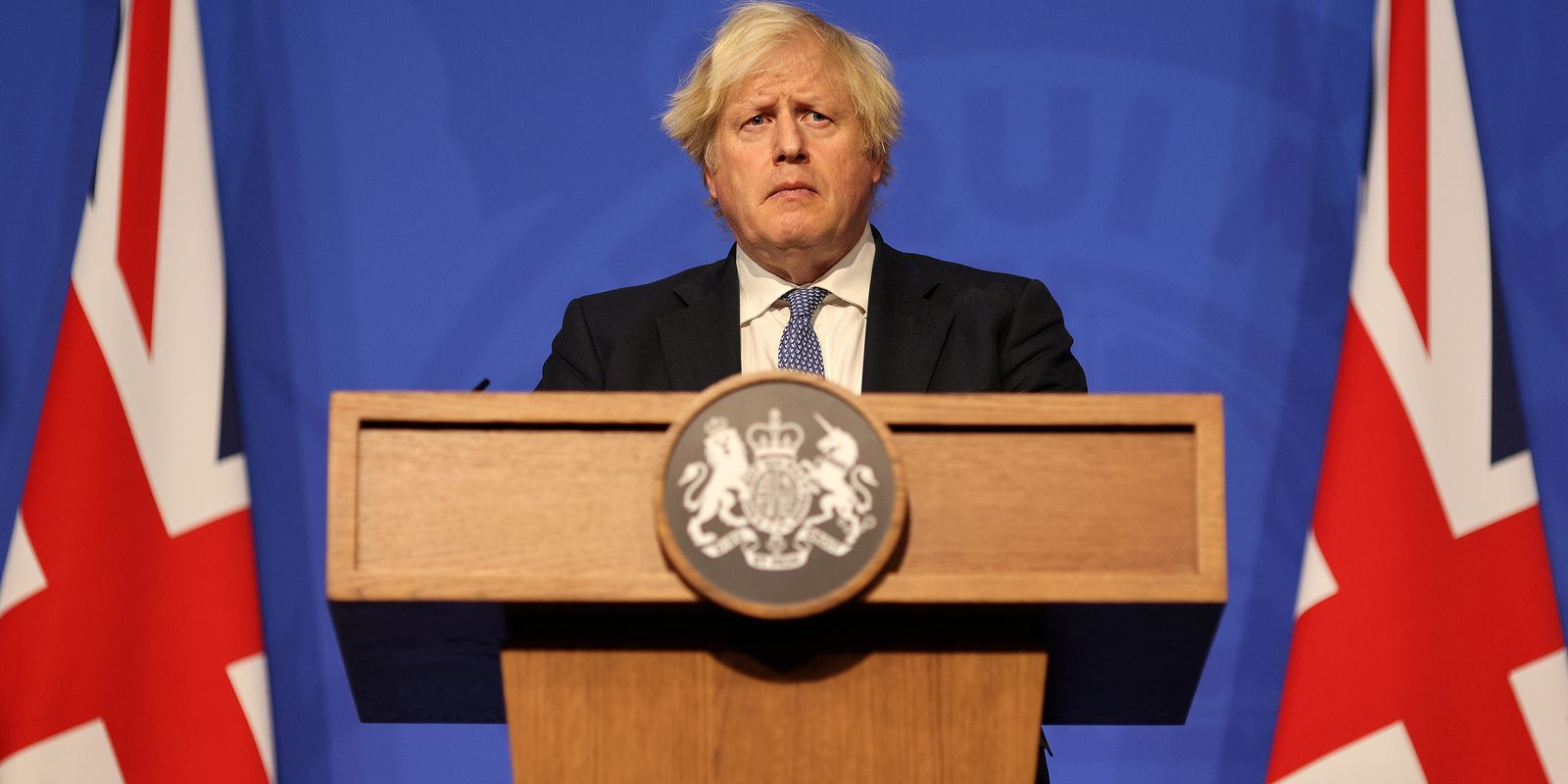In a press release posted on the social network Twitter, the ministry specifies that 12 of the 24 military planes crossed, in the south-west of Taiwan, the median line which separates the island from mainland China.
The ministry said Taiwan’s armed forces were monitoring the situation and responded by deploying planes and boats and activating land-based missile systems.
Leaders of the G7, a bloc that brings together Germany, Canada, the United States, France, Italy, Japan and the United Kingdom, plus the European Union (EU), on Saturday called on China to a “peaceful settlement” of disputes with Taiwan, after a summit in Hiroshima, Japan.
In response, the Chinese Foreign Ministry criticized the G7 countries for not showing clear opposition to the Taiwanese independence movement.
“The G7 says it intends to move towards a peaceful, stable and prosperous world. But, in reality, it hinders world peace, harms regional stability and hinders the development of other countries,” the ministry said, according to which “this approach has no international credibility”.
Also on Saturday, Taiwanese President Tsai Ing-wen promised to maintain peace and stability in the Taiwan Strait in the face of threats from China, and argued that “war is not an option”.
In a speech in Taipei that marked his seven years in office, Tsai assured that Taiwan would not adopt provocative or aggressive attitudes towards China, but would not give in to pressure either.
“War is not an option and neither side can unilaterally change the status quo in a non-peaceful way,” Tsai said.
Tsai said that since taking office, Taiwan has shown the world its determination, but without giving in to provocations.
“In the face of China’s civil attacks and military threats, the Taiwanese people are calm and non-aggressive, rational and non-provocative,” he said.
Taiwan is preparing for the next presidential election in January 2024.
Tsai, 66, cannot run because he has served two consecutive terms and the vice-president, William Lai, will be the candidate of the Democratic Progressive Party (PDP, in power), which traditionally defends independence.
Lai, 63, has been more outspoken than Tsai on independence aspirations and said in January he considered Taiwan “a sovereign country”.
He will face the mayor of New Taipei, Hou Yu-ih, of the opposition Kuomintang party, in favor of rapprochement with Beijing.
Hou recently said he opposes Taiwan independence, but also the “one country, two systems” model used by China to win back Hong Kong and Macau.
Beijing offered the same model for Taiwan, but most Taiwanese rejected it, especially after China’s crackdown on political freedoms in Hong Kong.

“Freelance communicator. Hardcore web practitioner. Entrepreneur. Total student. Beer ninja.”

